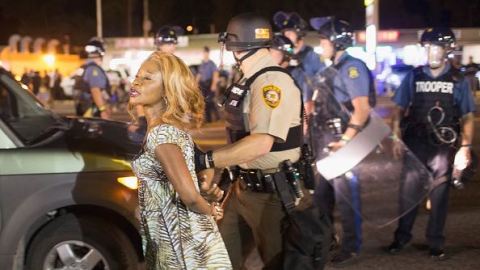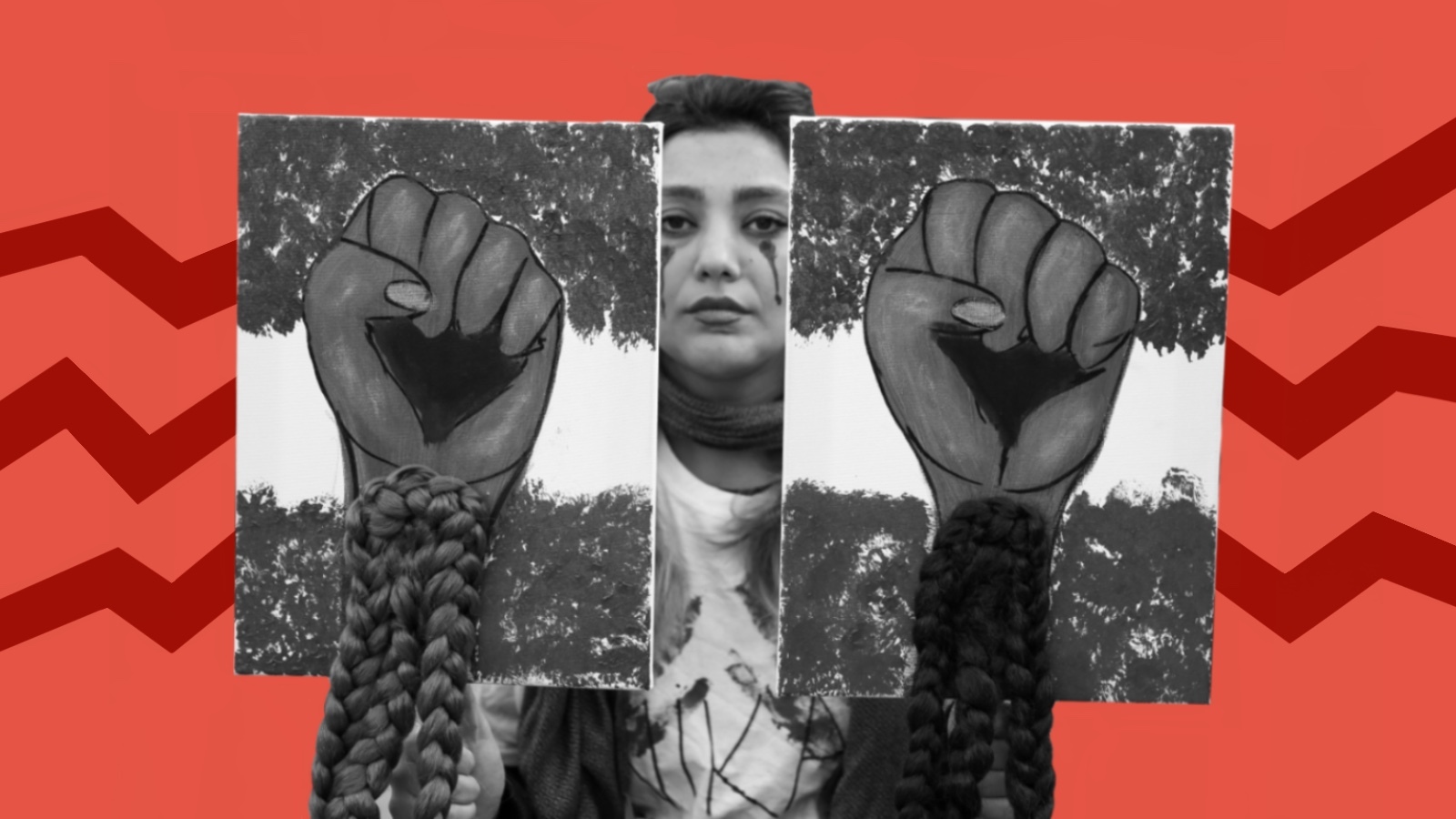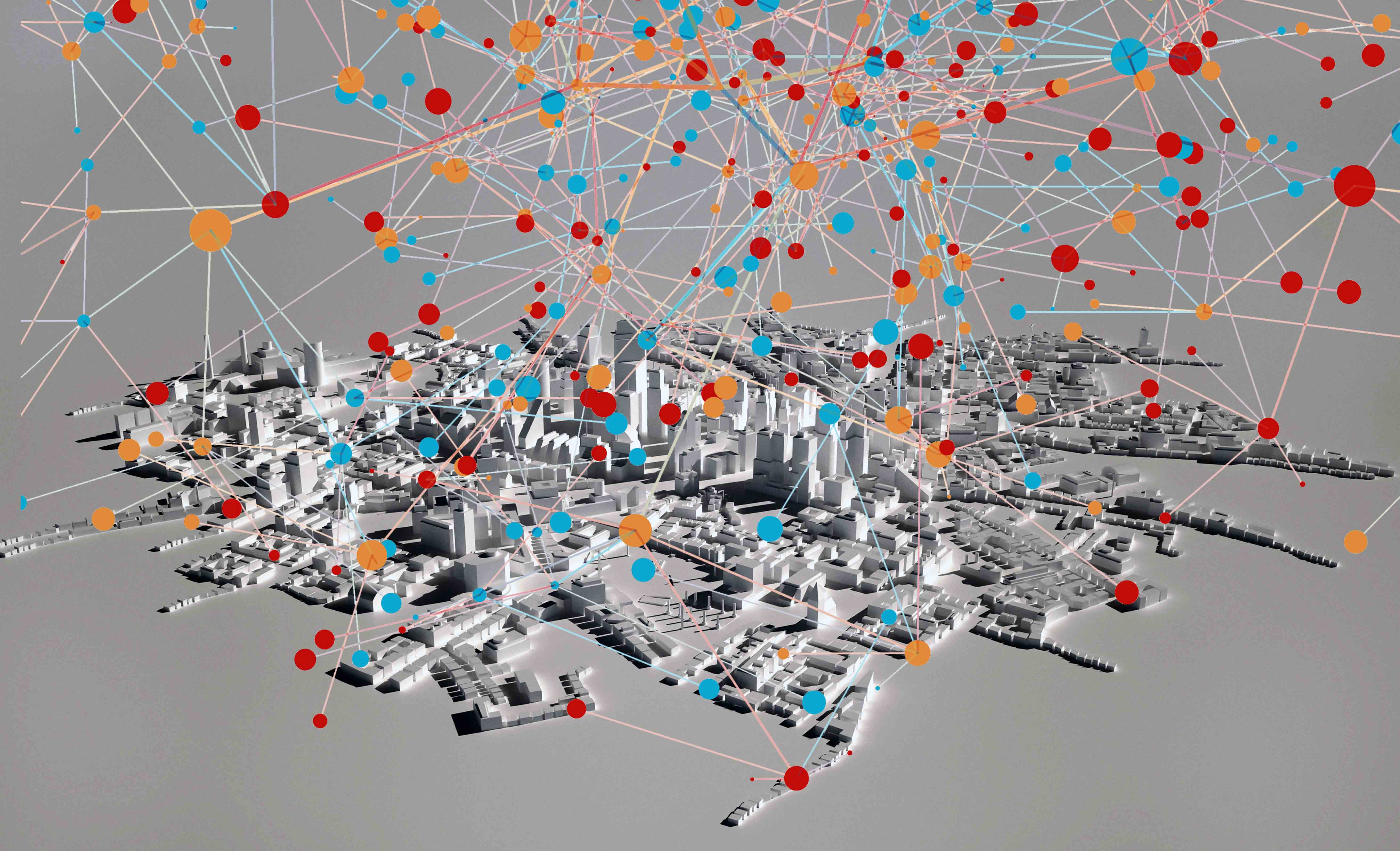Ferguson and the Complete Breakdown of Trust

In the year since Michael Brown’s death, there has been a growing distrust of law enforcement. This has extended from primarily black communities to become a national sense of unease. On the anniversary of Brown’s death, another young black man was shot, and apparently no one can agree on exactly how or why that happened. If this narrative seems familiar, it’s because you’ve heard it before. The incidents of racially charged police action have populated our TV screens and newsfeeds, and started a long-overdue dialogue. The question is becoming: Can we trust the people that are supposed to protect us, and if not, where do we go from there?

It’s fair to say that most police officers probably aren’t racist, are there to protect us from danger, and don’t have malintent. However, it is also the case that many of them do abuse their power, are given weapons that are incongruent to the crimes involved (though President Barack Obama has banned some of this equipment), and some are prejudiced. When those individuals act on their bias, it creates a chasm between the people and the police, between expectations and reality. That is how the seeds of suspicion are sewn, and distrust arises. Law enforcement without trust can’t be effective. There has got to be a way to repair this strained relationship.
Cameras on the chests of police and on their dashboards can only help to a certain extent. As we learned with the bizarre and tragic case of Sandra Bland, tapes can be tampered with and aren’t necessarily reliable. Perhaps increasing racial diversity in the police force would alleviate some of the problem; so could holding offending officers more accountable for their actions. There is no simple answer, no quick fix to this issue. It’s old; it’s embedded in our history, but like so many aspects of our country it is time for change.

That starts with us not just talking, but also really listening to each other. It continues when we stand up for what is right, and peacefully protest when there is wrongdoing. There is a great amount of healing that needs to occur, trust that needs to be repaired, and it will take a long time for that to happen. You can’t always depend on the cops and courtrooms to do the right thing. It is truly up to us as individuals to do what we can do to effect change. It’s our power; it’s our right; and it’s our duty. As Marvin Gaye once sang, that’s what’s goin’ on.
FERGUSON, MO – AUGUST 10: A demonstrator is arrested during a protest marking the one-year anniversary of the shooting of Michael Brown along West Florissant Street on August 10, 2015 in Ferguson, Missouri. More than 100 people were arrested today during protests in Ferguson and the St. Louis area. Brown was shot and killed by a Ferguson police officer on August 9, 2014. His death sparked months of sometimes violent protests in Ferguson and drew nationwide focus on police treatment of black offenders. (Photo by Scott Olson/Getty Images)





